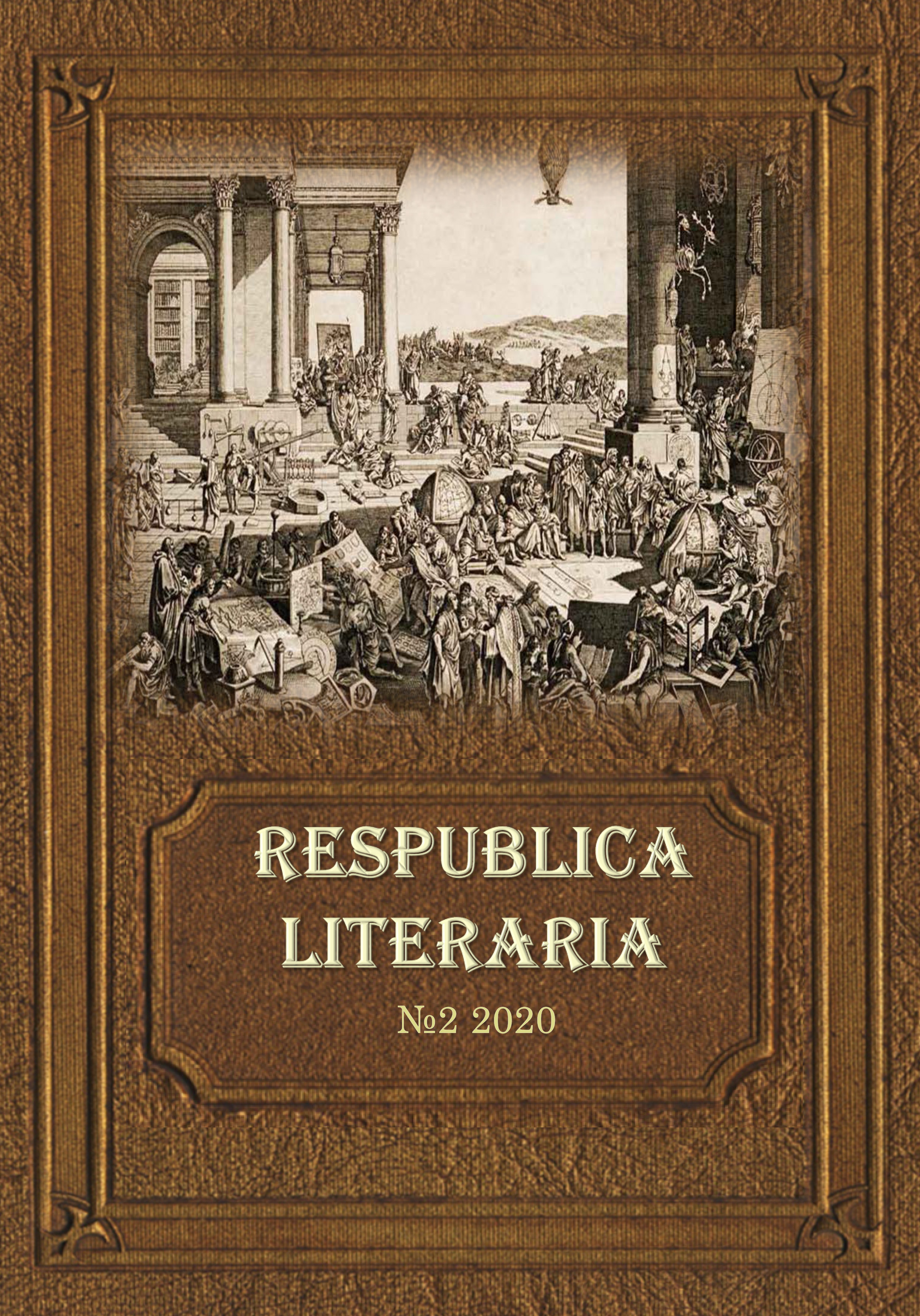THE FIRST PHILOSOPHY OF E. HUSSERL IN THE CONTEXT OF PHENOMENOLOGY AS A SCIENCE
DOI:
https://doi.org/10.47850/RL.2020.1.2.20-27Keywords:
Phenomenology, Husserl, critical thinking, First philosophy, historical reduction, unity of motivation.Abstract
The article examines the problem of the relationship between critical and dogmatic types of thinking in the context of the project of scientific philosophy created by Husserl. The point of view is expressed according to which the program of science teaching of Husserl was not completed at the end of the descriptive stage, but, on the contrary, was continued and expanded at the stage of transcendental phenomenology. Based on the material of the first part of the lectures “First Philosophy” belonging to this stage, it is demonstrated how Husserl, with the help of historical-eidetic reduction and the concept of the unity of motivation, outlines the way for the “naïve” philosopher to master the principles of critical thinking. These principles, coupled with phenomenological reduction, form a special disposition of the dogmatic and the critical in the project of phenomenology as a rigorous science, where the dogmatic and the critical merge into the fundamental requirement of the philosopher's self-reflection and responsibility.
References
Ойзерман, Т. И. (1971). Главные философские направления (Теоретический анализ историко-философского процесса). М.
Oizerman, T. I. (1971). The main philosophical directions (Theoretical analysis of the historical and philosophical process). Moscow. (In Russ.)
Allen, J. (1982). What is Husserl’s First Philosophy? Philosophy and Phenomenological Research. Vol. 42. no 4. pp. 610-620.
Boehm, R. (1956). Einleitung des Herausgebers. In Husserl, E. Erste Philosophie. Erster Teil (1923/24). (Husserliana: Gesammelte Werke. Bd. 7). Haag. Martinus Nijhoff. S. XI-XXXIV.
Fisette, D. (2003). Husserl’s Programme of a Wissenschaftslehre in the Logical Investigations. In Fisette, D. (ed.) Husserl’s Logical Investigations Reconsidered. Contributions to Phenomenology. Vol. 48. Dordrecht, Boston, London. Kluwer Academic Publishers. pp. 35-58.
Husserl, E. (1956). Erste Philosophie. Erster Teil (1923/24). (Husserliana: Gesammelte Werke. Bd. 7). Haag. Martinus Nijhoff.
Husserl, E. (1988). Vorlesungen über Ethik und Wertlehre 1908-1914. (Husserliana: Gesammelte Werke. Bd. 28). Dordrecht, Boston, London. Kluwer Academic Publishers.
Lee, N.-I. (2010). Phenomenological Reflections on the Possibility of First Philosophy. Husserl Studies. V. 26 (2). pp. 131-145.
Luft, S. (2010). Phenomenology as First Philosophy: A Prehistory. In Ierna, C.; Jacobs, H. (eds.) Philosophy, Phenomenology, Science: Essays in Commemoration of Edmund Husserl. Phaenomenologica 200. Dordrecht, Heidelberg, London, New York. Springer Science, Business Media B. V. pp. 107-133.
Sokolowski, R. (2010). Husserl on First Philosophy’. In Ierna, C., Jacobs, H. (eds.) Philosophy, Phenomenology, Science: Essays in Commemoration of Edmund Husserl, Phaenomenologica 200. Dordrecht, Heidelberg, London, New York. Springer Science, Business Media B. V. pp. 3-23.
Ströker, E. (1988). Phenomenology as First Philosophy: Reflections on Husserl. In Sokolowski, R. (ed.) Edmund Husserl and the Phenomenological Tradition. Washington. The Catholic University of America Press. pp. 249-263.
Downloads
Published
How to Cite
Issue
Section
License
Copyright (c) 2020 Светлана Владимировна Бердаус

This work is licensed under a Creative Commons Attribution-NonCommercial-NoDerivatives 4.0 International License.
https://oc.philosophy.nsc.ru/remote.php/webdav/%D0%94%D0%BE%D0%B3%D0%BE%D0%B2%D0%BE%D1%80%20%D1%81%20%D0%B0%D0%B2%D1%82%D0%BE%D1%80%D0%BE%D0%BC%20RL-%D0%BF%D1%80%D0%B0%D0%B2.doc





